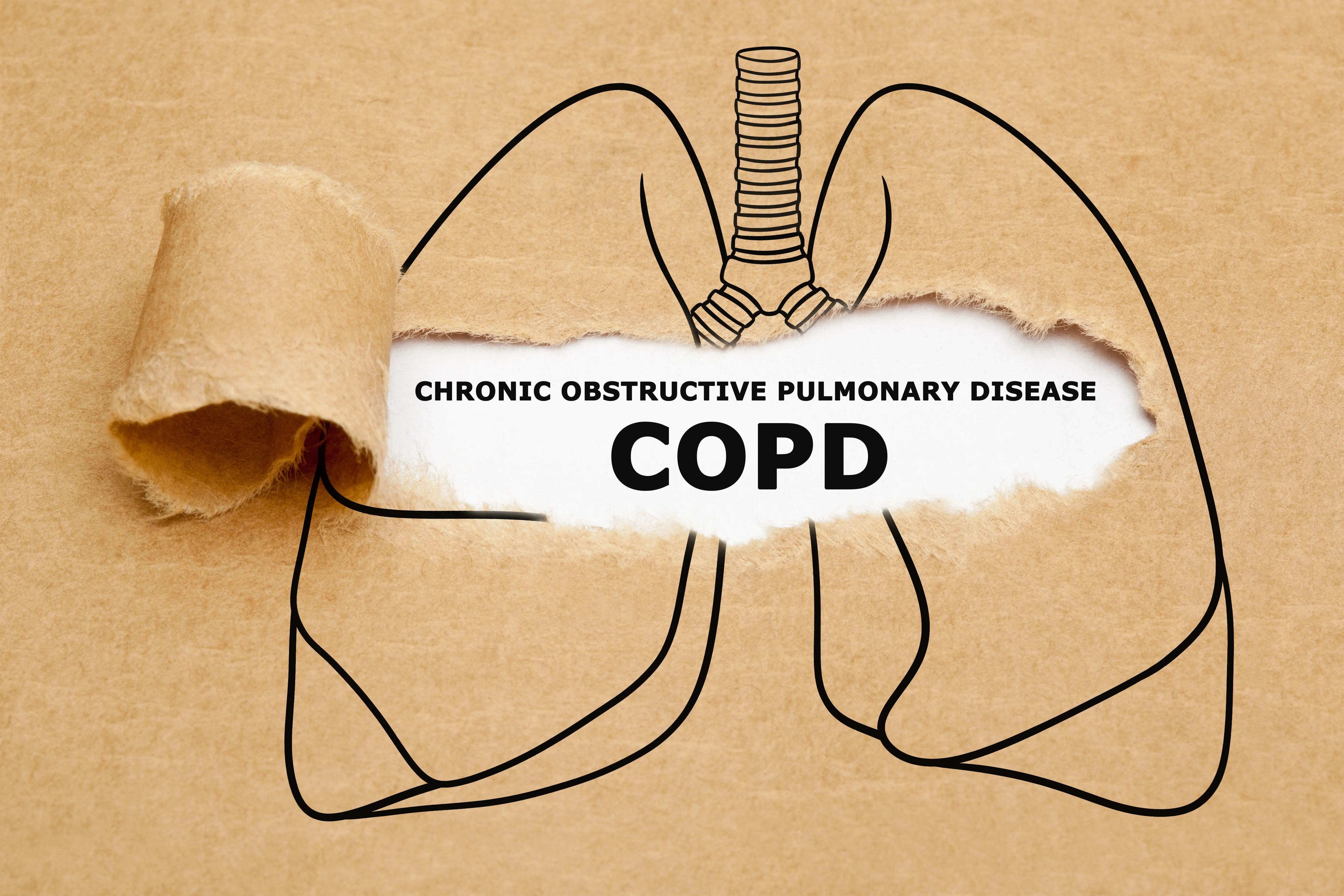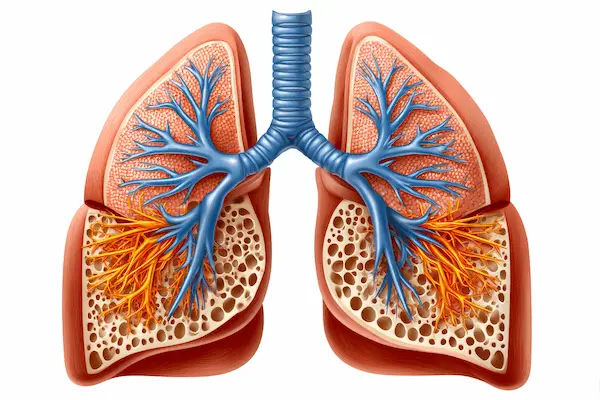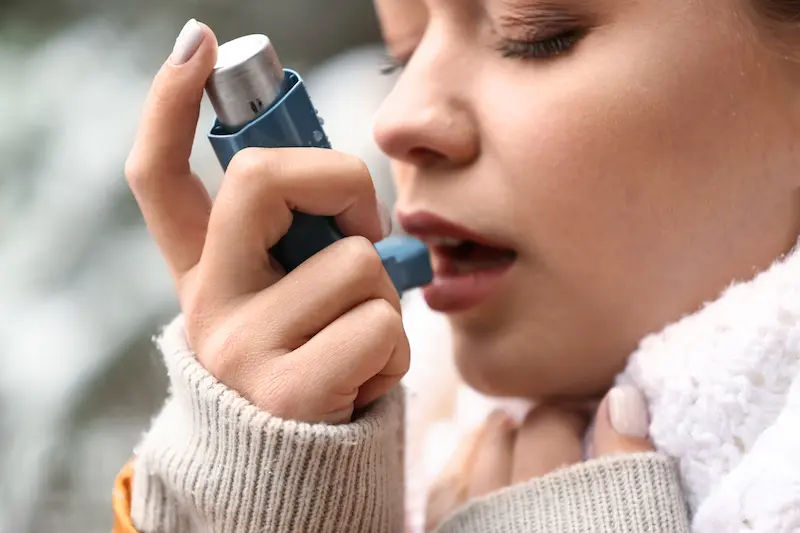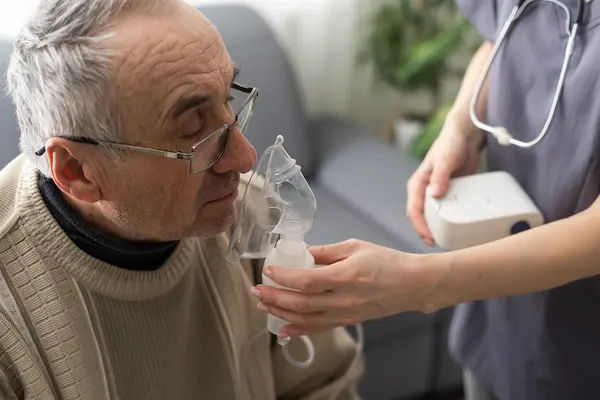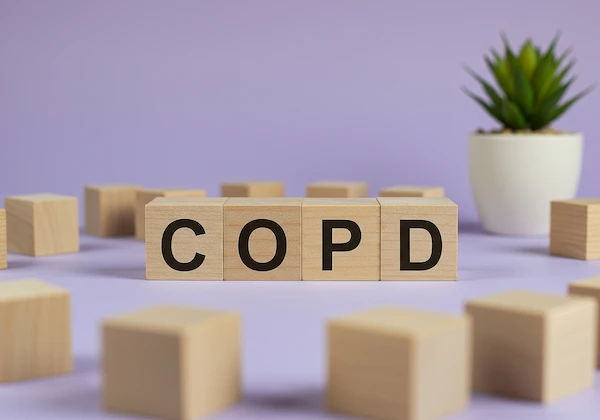Guide to Lung Health Awareness On World Copd Day
Breathe easier this World COPD Day! Our comprehensive guide offers practical tips and essential information on lung health awareness, prevention, and management of COPD. Learn how to protect your lungs.

Written by Dr. Shaik Abdul Kalam
Reviewed by Dr. Mohammed Kamran MBBS, FIDM
Last updated on 13th Jan, 2026

Introduction
Every breath you take is a testament to the incredible work of your lungs. These vital organs work tirelessly behind the scenes, fueling your body with oxygen. Yet, we often take them for granted until a problem arises. World COPD Day, observed every November, serves as a crucial reminder to turn our attention to respiratory health. Chronic Obstructive Pulmonary Disease (COPD) is a leading cause of death worldwide, but it’s also largely preventable. This guide is designed to empower you with knowledge—from understanding how your lungs function to recognizing the signs of COPD and adopting habits for lifelong lung health. Whether you're looking to protect your own lungs or support a loved one, this article will provide the insights and actionable steps you need to breathe easier.
Why Your Lungs Deserve Your Attention?
The Vital Role of Your Respiratory System
Your respiratory system is your body’s lifeline to the outside world. With each inhalation, your lungs draw in oxygen, a critical element that every cell in your body needs to produce energy. With each exhalation, they expel carbon dioxide, a waste product of metabolism. This gas exchange is a delicate and efficient process happening thousands of times a day. Healthy lungs ensure your brain, heart, and muscles receive the oxygen required to function optimally. When lung health is compromised, this entire system is disrupted, leading to fatigue, reduced mobility, and serious health complications.
How Poor Lung Health Impacts Your Entire Body?
The effects of diminished lung health extend far beyond shortness of breath. When your lungs can't effectively oxygenate your blood, your heart has to work harder to pump oxygen-deficient blood throughout the body, which can lead to pulmonary hypertension and heart failure. Low oxygen levels can also cause cognitive issues like brain fog and memory problems. Furthermore, chronic lung conditions are often associated with systemic inflammation, which can exacerbate other inflammatory diseases. Protecting your lungs is, therefore, not an isolated goal but a cornerstone of your overall well-being.
Understanding COPD: The Focus of World COPD Day
Health Topic Carousel:
Doctor Speciality: General Physician
Text: Consult Top Specialists
What is COPD? Breaking Down the Basics
COPD, or Chronic Obstructive Pulmonary Disease, is an umbrella term used to describe a group of progressive lung diseases. The key word is "obstructive"—it means the airways are narrowed, making it difficult to move air in and out of the lungs. This obstruction is not fully reversible and tends to worsen over time. Unlike a temporary asthma attack, COPD causes permanent damage. Understanding COPD and its symptoms is the first step toward prevention and management. It’s a serious condition, but with proper care, people can live actively for many years.
Chronic Bronchitis vs. Emphysema: The Two Faces of COPD
COPD primarily encompasses two main conditions:
Chronic Bronchitis: This involves a long-term cough with mucus. It’s characterized by inflammation and thickening of the bronchial tubes that carry air to the lungs. Imagine the airways being constantly irritated and clogged.
Emphysema: This condition damages the tiny air sacs (alveoli) at the end of the bronchial tubes. These sacs lose their elasticity, making it hard for them to push air out. Think of them as over-inflated, floppy balloons that can’t deflate properly.
Most people with COPD have a combination of both chronic bronchitis and emphysema.
Global Burden of COPD: Alarming Statistics
The scale of COPD is staggering. According to the World Health Organization (WHO), it is the third leading cause of death worldwide. An estimated 384 million people suffer from COPD, and it causes approximately 3 million deaths annually. These numbers highlight why global awareness initiatives like World COPD Day are so critical in driving education and action.
Are You at Risk? Recognizing the Causes and Early Signs
Primary Risk Factors for Lung Disease
Smoking: The Number One Culprit
Tobacco smoking is the most significant risk factor for lung disease, responsible for about 85-90% of all COPD cases. The harmful chemicals in tobacco smoke cause inflammation and destroy lung tissue over time. However, it's important to note that non-smokers can also develop COPD due to other factors.
Environmental and Occupational Hazards
Long-term exposure to lung irritants can be just as damaging as smoking. This includes:
Indoor Air Pollution: Burning biomass fuels (like wood or coal) for cooking and heating in poorly ventilated homes.
Outdoor Air Pollution: Particulate matter from vehicle exhaust and industrial emissions.
Occupational Dust and Chemicals: Inhaling chemical fumes, dust, or fibers in workplaces like mines, textiles, or construction.
Early Symptoms of COPD You Shouldn't Ignore
COPD develops slowly, and early symptoms of COPD are often dismissed as a "smoker's cough" or just signs of aging. Being vigilant can lead to earlier diagnosis and better outcomes. Watch for:
A persistent cough that produces a lot of mucus.
Shortness of breath, especially during physical activities.
Wheezing or a whistling sound when you breathe.
Chest tightness.
Frequent respiratory infections like colds and flu.
If you experience a persistent cough or shortness of breath that interferes with your daily activities, it’s essential to seek medical advice. If symptoms persist beyond two weeks, consult a doctor online with Apollo24|7 for further evaluation.
Proactive Steps for Lifelong Lung Health
Lifestyle Choices for Stronger Lungs
The Power of Quitting Smoking
The single most important thing you can do for your lung health is to quit smoking. No matter your age or how long you've smoked, quitting can slow the progression of COPD and significantly improve your lung function and overall health. There are numerous strategies for quitting smoking, including nicotine replacement therapy, medications, and counseling.
Diet and Exercise for Respiratory Fitness
What you eat and how you move directly impact your respiratory system.
Exercise: Regular physical activity strengthens the muscles that help you breathe. Activities like walking, swimming, and cycling improve your lung capacity and efficiency.
Diet: A diet rich in antioxidants (found in fruits and vegetables) can help combat inflammation. Foods like apples, tomatoes, and green leafy vegetables have been linked to slower decline in lung function.
Protecting Your Lungs from Pollution and Allergens
Check Air Quality: On days when air pollution levels are high, try to stay indoors.
Use Air Purifiers: A good air purifier with a HEPA filter can significantly improve indoor air quality.
Wear a Mask: In dusty or high-pollution environments, wearing a mask can filter out harmful particles.
Prevent Infections: Wash your hands regularly and get vaccinated against flu and pneumonia.
The Importance of Screening and Early Diagnosis
Common Lung Function Tests (Like Spirometry)
If you are at high risk for COPD, your doctor may recommend a spirometry test. This simple, non-invasive test measures how much air you can breathe in and out, and how quickly you can exhale. It’s the most effective way to diagnose COPD early, even before severe symptoms appear.
When to Consult a Healthcare Professional
Don't wait for symptoms to become severe. You should talk to a doctor if you have any of the risk factors or early signs mentioned above. Early intervention is key to managing the disease effectively. If your condition does not improve after trying these methods, book a physical visit to a doctor with Apollo24|7 for a thorough examination and personalized treatment plan. For diagnostic purposes, Apollo24|7 offers a convenient home collection for tests that your doctor might recommend.
Living Well with a Lung Condition: Management and Support
For those already diagnosed with COPD or another chronic lung condition, management is key. This involves a combination of medications (like bronchodilators and inhaled steroids), pulmonary rehabilitation programs that teach breathing techniques, oxygen therapy if needed, and strong emotional support systems. Joining a support group can provide invaluable encouragement and practical tips from others who understand the journey. The goal is to maximize your quality of life and maintain your independence for as long as possible.
Health Topic Carousel:
Doctor Speciality: General Physician
Text: Consult Top Specialists
Conclusion
On this World COPD Day and every day, remember that every breath is a gift. Taking proactive steps to safeguard your lung health is one of the most significant investments you can make in your long-term well-being. From understanding the risks and symptoms of COPD to adopting a lung-healthy lifestyle, you have the power to make a difference. Awareness is the first step, but action is what creates change. Whether it’s committing to quit smoking, taking a daily walk, or simply being more mindful of the air you breathe, start today. Let this guide be your catalyst for a future filled with deeper, easier breaths. Share this knowledge with friends and family—because when it comes to health, we all breathe the same air.
Frequently Asked Questions (FAQs) About Lung Health
1. Can you get COPD if you've never smoked?
A. Yes, while smoking is the primary cause, long-term exposure to other lung irritants like secondhand smoke, air pollution, or occupational dust and chemicals can also lead to COPD.
2. What's the difference between COPD and asthma?
A. Both cause breathing difficulties, but asthma is usually a reversible narrowing of the airways often triggered by allergens, and it can start at any age. COPD is a progressive, largely irreversible disease primarily caused by smoking and typically diagnosed in older adults.
3. Are there natural ways to clean your lungs after quitting smoking?
A. While your lungs have a self-cleaning mechanism that improves after quitting, you can support the process. Staying hydrated, consuming anti-inflammatory foods (like ginger, turmeric), and engaging in deep-breathing exercises can help clear mucus and improve lung function.
4. How can I test my lung capacity at home?
A. While a formal diagnosis requires a spirometry test at a clinic, you can get a general idea with a simple exercise. Try walking briskly up a flight of stairs. If you become significantly more short of breath than someone of a similar age and fitness level, it might indicate reduced lung capacity and a need to see a doctor.
5. What are the best exercises for improving lung health?
A. Aerobic exercises like walking, jogging, swimming, and cycling are excellent. Diaphragmatic breathing (belly breathing) and pursed-lip breathing are specific techniques that can strengthen respiratory muscles and improve oxygen exchange.
Consult Top Specialists for Personalised Tips

Dr. Vivek D
General Physician
4 Years • MBBS
Bengaluru
PRESTIGE SHANTHINIKETAN - SOCIETY CLINIC, Bengaluru

Dr Syed Mateen Pasha
General Physician
2 Years • MBBS
Bengaluru
PRESTIGE SHANTHINIKETAN - SOCIETY CLINIC, Bengaluru

Dr. Syed Ismail Ali
General Practitioner
7 Years • MBBS
Hyderabad
Apollo 24|7 Clinic, Hyderabad

Dr. Harshendra Jaiswal
General Physician/ Internal Medicine Specialist
12 Years • MBBS , MD (General medicine)
Kolkata
108 DHANA DHANVANTARI Clinic, Kolkata
(25+ Patients)
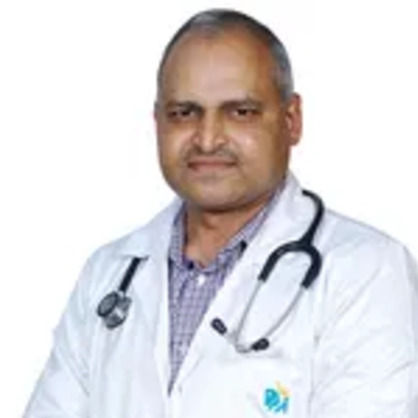
Dr. Dhanraj K
General Physician/ Internal Medicine Specialist
25 Years • MBBS, MD Internal Medicine - Osmania Medical College, Hyderabad
Hyderabad
Apollo Hospitals Jubilee Hills, Hyderabad
(425+ Patients)
Consult Top Specialists

Dr. Vivek D
General Physician
4 Years • MBBS
Bengaluru
PRESTIGE SHANTHINIKETAN - SOCIETY CLINIC, Bengaluru

Dr Syed Mateen Pasha
General Physician
2 Years • MBBS
Bengaluru
PRESTIGE SHANTHINIKETAN - SOCIETY CLINIC, Bengaluru

Dr. Syed Ismail Ali
General Practitioner
7 Years • MBBS
Hyderabad
Apollo 24|7 Clinic, Hyderabad

Dr. Harshendra Jaiswal
General Physician/ Internal Medicine Specialist
12 Years • MBBS , MD (General medicine)
Kolkata
108 DHANA DHANVANTARI Clinic, Kolkata
(25+ Patients)

Dr. Dhanraj K
General Physician/ Internal Medicine Specialist
25 Years • MBBS, MD Internal Medicine - Osmania Medical College, Hyderabad
Hyderabad
Apollo Hospitals Jubilee Hills, Hyderabad
(425+ Patients)
